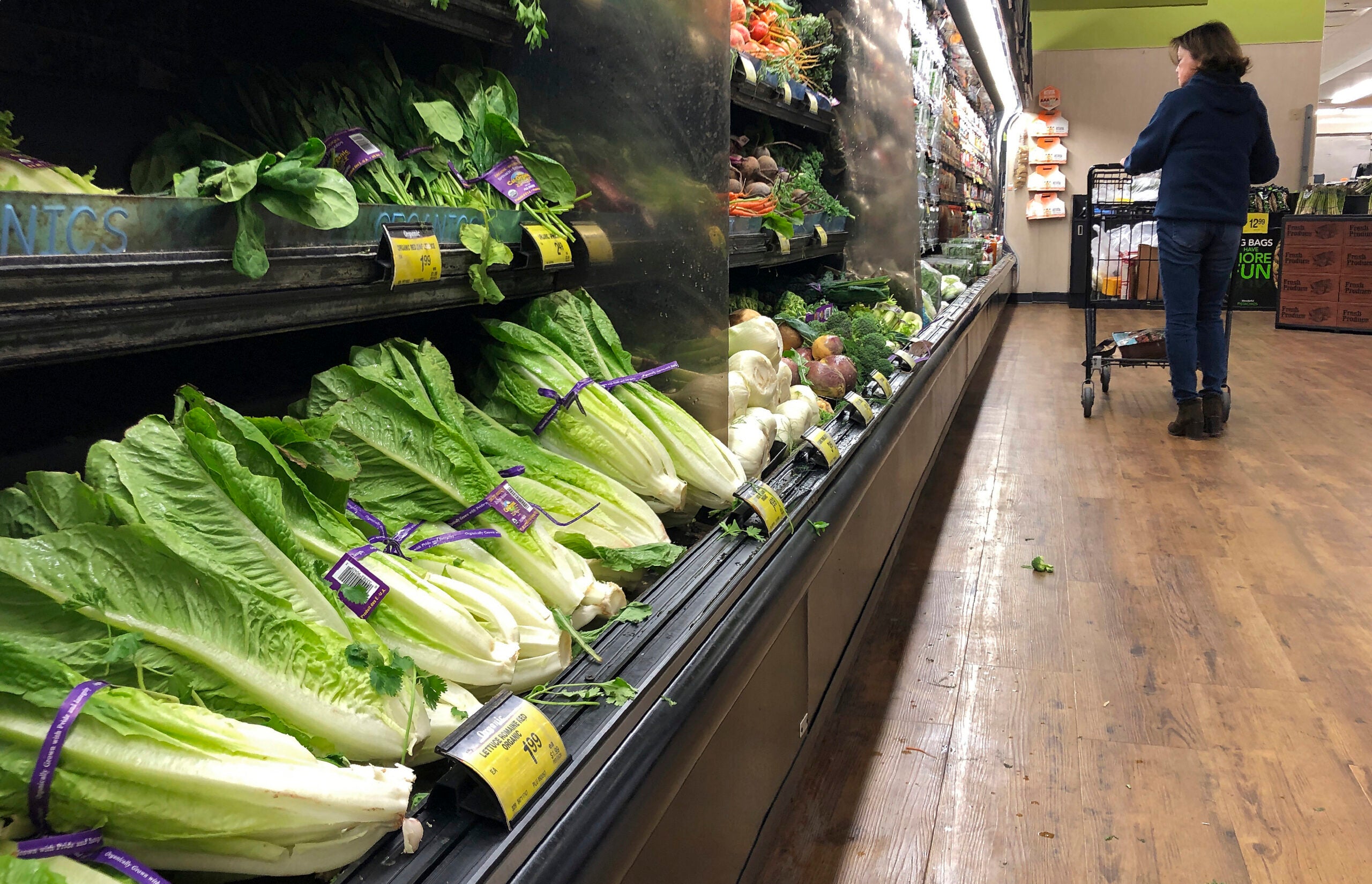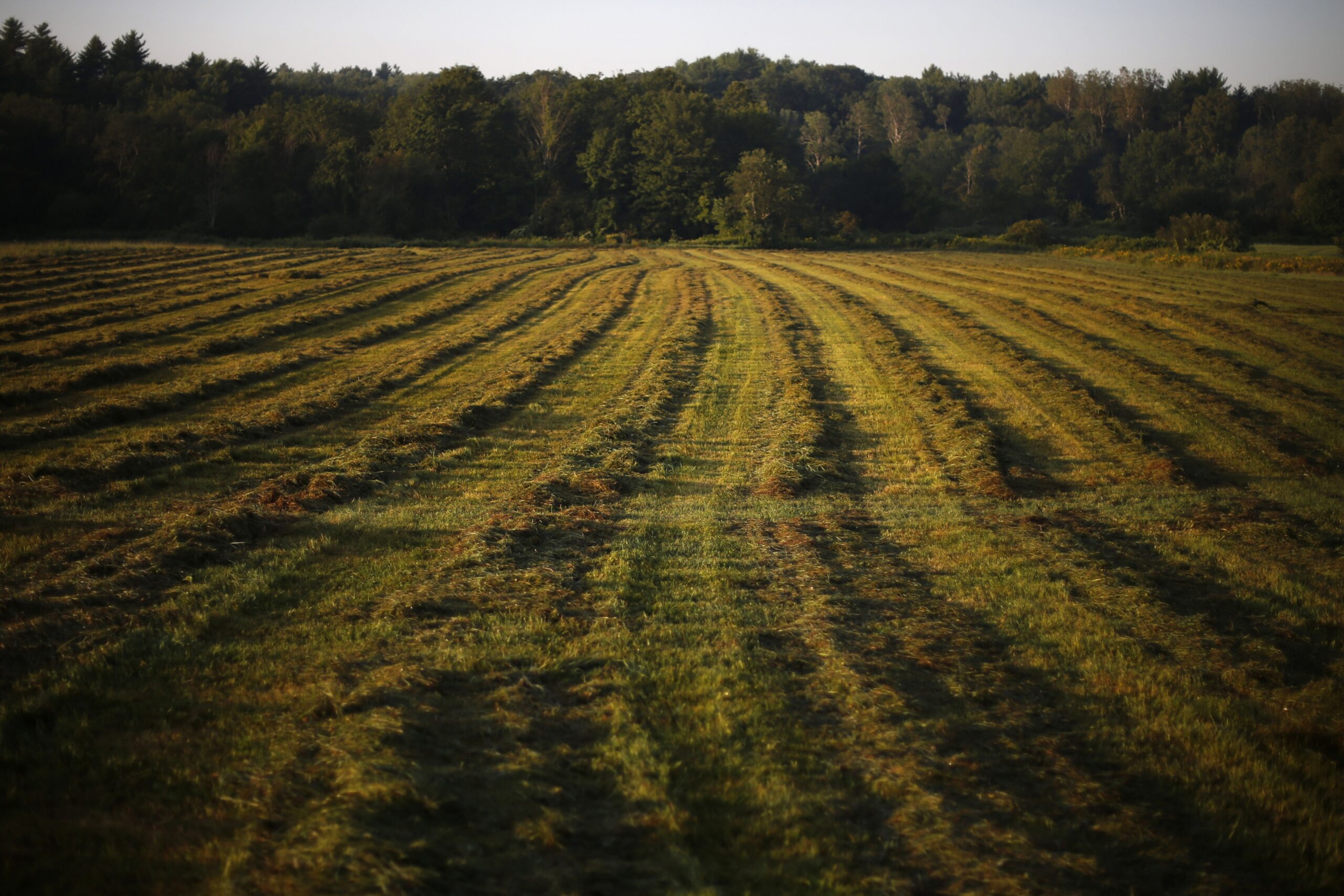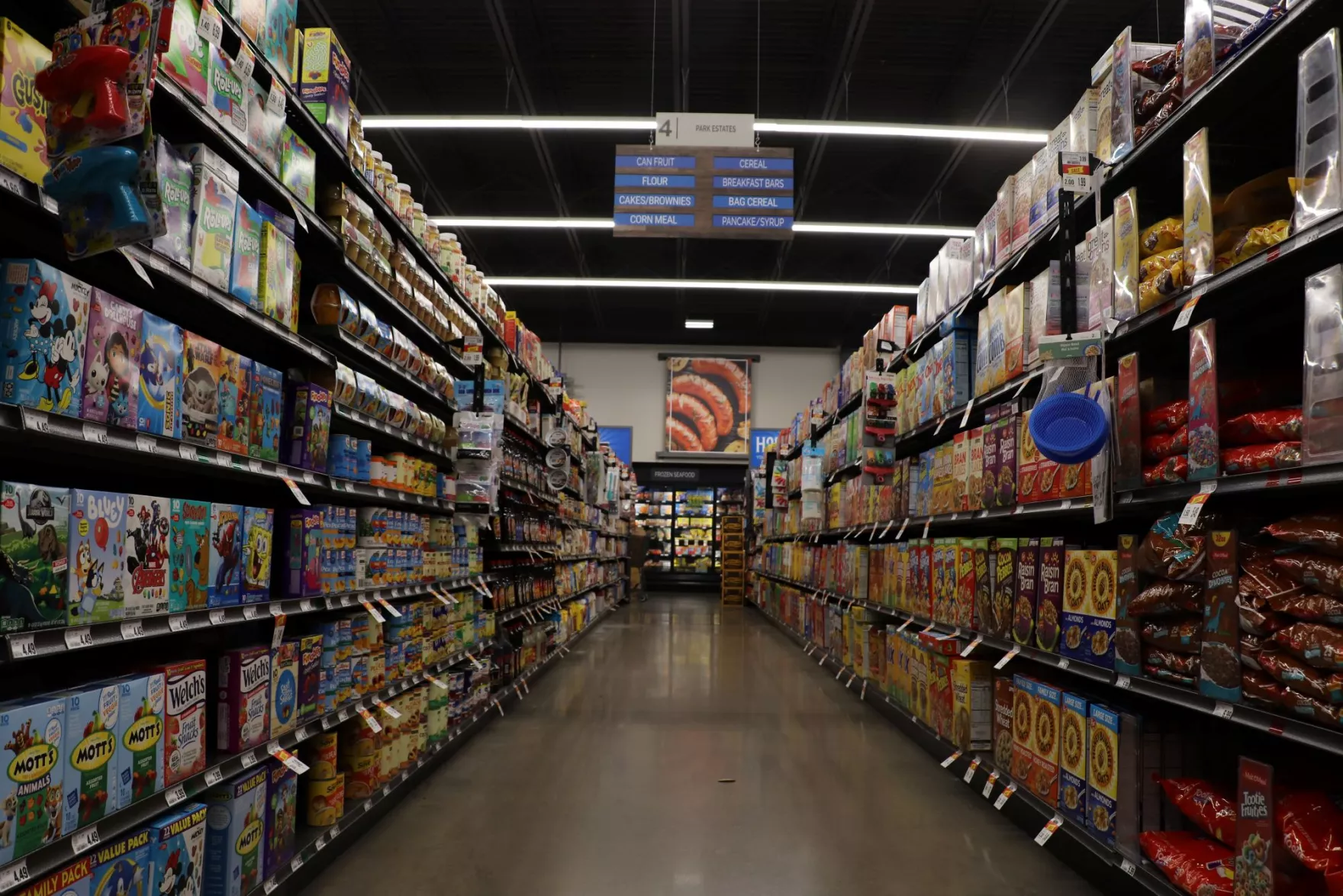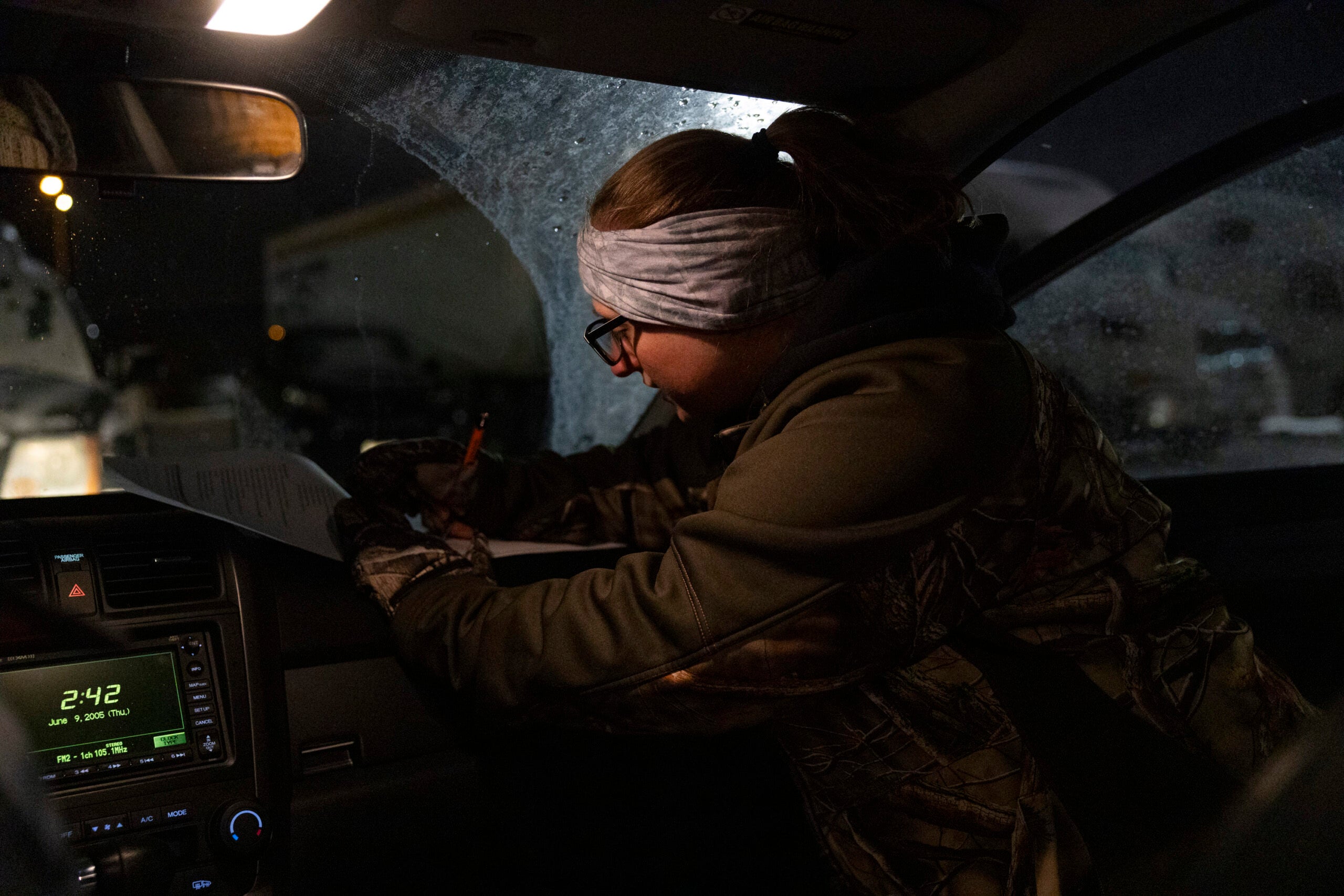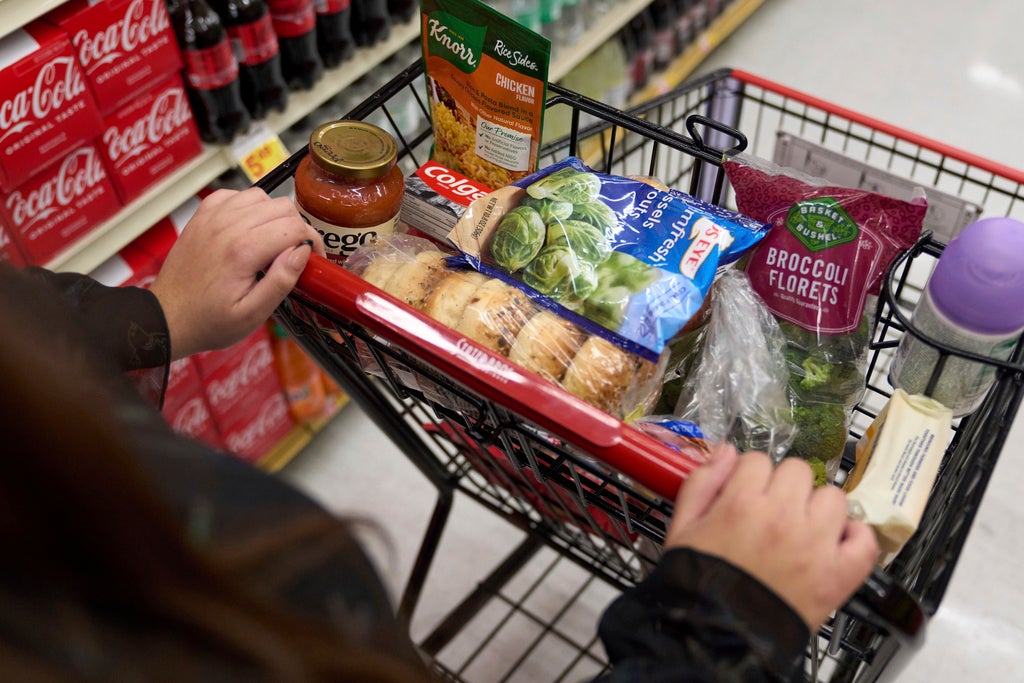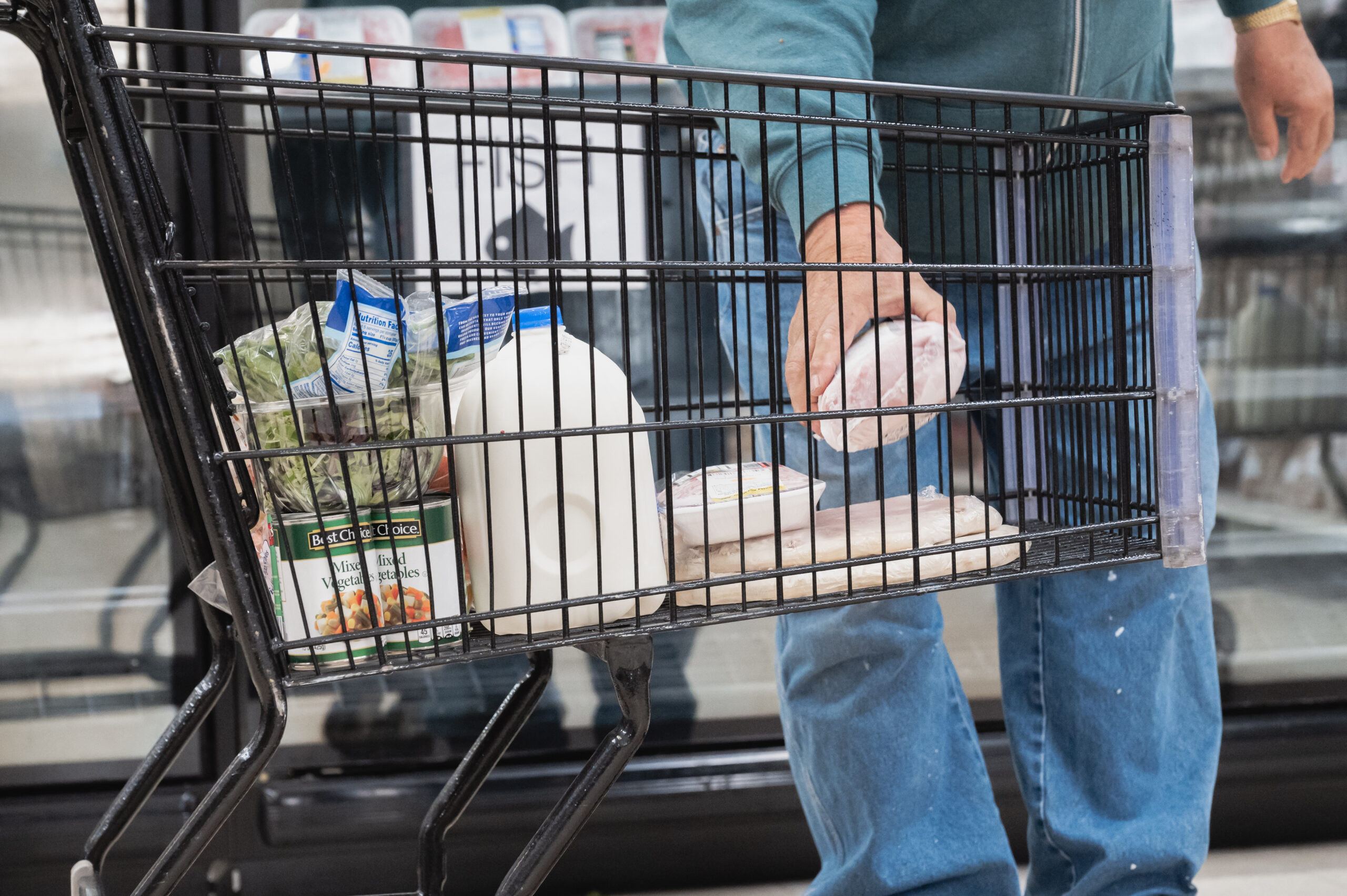Food waste reduction pilot projects could get a boost through state grants under a plan proposed by Democratic lawmakers.
Senate Assistant Minority Leader Jeff Smith, D- Brunswick, and State Rep. Francesca Hong, D- Madison, are looking for co-sponsors on a bill that would give $200,000 over the next two years to organizations that are preventing food waste, redirecting surplus food to hunger relief organizations or composting food waste.
Hong said possible recipients could be community compost programs, farmers who are starting regenerative agriculture practices, and eligible food pantries.
News with a little more humanity
WPR’s “Wisconsin Today” newsletter keeps you connected to the state you love without feeling overwhelmed. No paywall. No agenda. No corporate filter.
“This is not only comprehensive but a common sense way for both residential and commercial businesses to invest in food waste reduction and to redirect excess food to those who need it,” Hong said.
According to data from the Wisconsin Department of Natural Resources, about 854,000 tons of food were thrown away in Wisconsin in 2020, the majority of it still edible.
Social and environmental impacts could make a big difference
Michelle Orge is the president and CEO of Second Harvest Food Bank of Southern Wisconsin. One part of the nonprofit’s work involves taking food from local retailers like grocery stores and distributing it to food banks before it’s thrown out.
“We believe that hunger makes everything harder, that lives can be changed with food, and there is enough food for everyone,” Orge said.
The EPA estimated the U.S. generates enough wasted food to feed the country’s food-insecure population four times over. Second Harvest redirects about 14 tons of food every day in the 16 counties it serves.
Wasted food that ends up in landfills emits methane, which is 25 times as potent as carbon dioxide at trapping heat in the atmosphere.
“Food waste has been contributing to the increase of greenhouse gases and one of the best ways we can combat some of our climate catastrophes is preventative measures,” Hong said.
The Wisconsin Department of Natural Resources aims to reduce food waste in landfills by 50 percent by 2030.
Casey Krausensky, solid waste coordinator with the Wisconsin Department of Natural Resources, said when food is wasted, so is everything that went into the effort to grow it, transport it and store it.
“When we are throwing something away, we really should be thinking about throwing away all of the materials and resources that went into making that item in the first place,” Krausensky said.
The EPA has estimated resources spent on waste food each year to be the equivalent of land the size of California and New York combined, the water and the energy supply equivalent for powering over 50 million homes and the greenhouse gas emissions equivalent to running 42 coal-powered power plants.
Krausensky said the nonprofit organization ReFED estimates that 48 percent of food waste in the US actually occurs at the residential level.
“Thinking about climate impact seems like something we as individuals would have a really hard time touching, or even a local government official would have a hard time making an impact on,” Krausensky said. “(But) because of how resource and energy intensive it is, it can make quite a sizable climate impact.”
How the grant money can be used
If the legislation is approved, the Wisconsin Department of Agriculture, Trade and Consumer Protection would be in charge of awarding the grants.
The proposed legislation would prioritize organizations working in food deserts or areas where the median household income is below the state average.
Orge said she is unsure if Second Harvest would qualify for a grant under the plan, but there is room for more organizations to join the effort.
“Food that is no cost still takes resources to rescue,” Orge said.
Wisconsin Public Radio, © Copyright 2025, Board of Regents of the University of Wisconsin System and Wisconsin Educational Communications Board.

